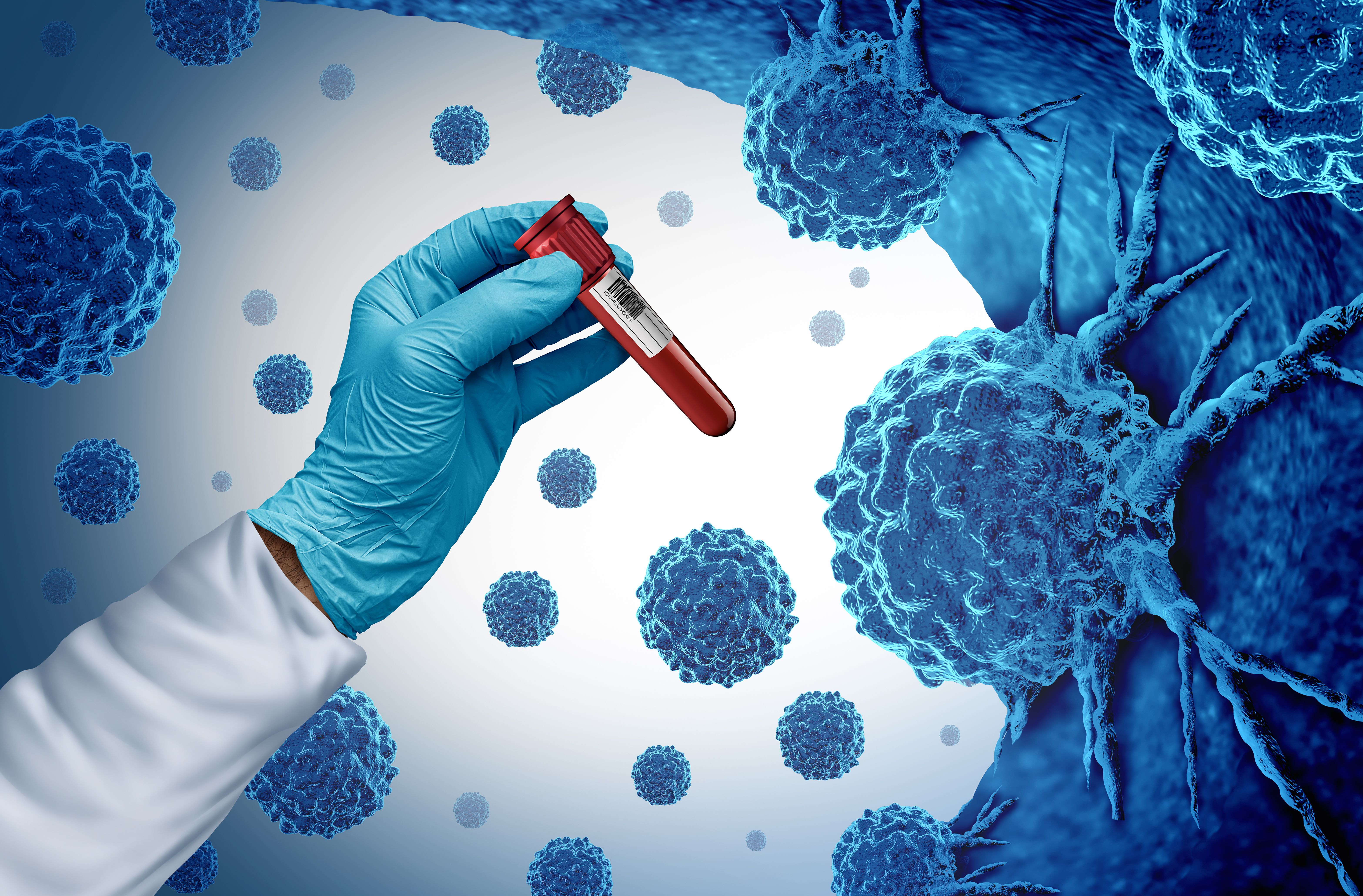Restoring Mitochondria Function: A Key to Supporting Cancer Patients
Understanding Mitochondria and Their Role in Health
Mitochondria, often referred to as the "powerhouses" of the cell, play a crucial role in energy production by converting nutrients into adenosine triphosphate (ATP), the cellular energy currency. These tiny organelles are integral not only to energy metabolism but also to various cellular processes, including cell signaling, differentiation, and programmed cell death. As such, their proper function is vital for maintaining overall health and well-being.
In the context of cancer, the role of mitochondria becomes even more significant. Cancer cells often exhibit altered mitochondrial function, which can contribute to the uncontrolled growth characteristic of tumors. By understanding and potentially restoring mitochondrial function, there may be opportunities to support cancer patients in their treatment journey.

The Connection Between Mitochondria Dysfunction and Cancer
Cancer cells are known to undergo metabolic reprogramming, which includes changes in mitochondrial function. This reprogramming allows them to meet increased energy demands and synthesize the building blocks necessary for rapid cell division. However, this altered state can lead to mitochondrial dysfunction, which is associated with increased oxidative stress and genomic instability—factors that further drive cancer progression.
By targeting mitochondrial dysfunctions, researchers hope to develop strategies that can hinder cancer cell proliferation and improve patient outcomes. Restoring normal mitochondrial function can potentially reduce oxidative stress and help in maintaining genomic integrity, thereby supporting conventional cancer therapies.

Strategies for Restoring Mitochondrial Function
There are several strategies being explored to restore and support mitochondrial function in cancer patients. These include dietary interventions, supplements, and lifestyle changes that aim to optimize mitochondrial health. Here are a few approaches:
- Antioxidant-rich Diet: Consuming foods high in antioxidants can help neutralize free radicals, reducing oxidative stress on mitochondria.
- Exercise: Regular physical activity has been shown to enhance mitochondrial biogenesis and improve overall mitochondrial efficiency.
- Nutritional Supplements: Supplements like Coenzyme Q10 and alpha-lipoic acid are being studied for their potential to support mitochondrial function.
These strategies aim to create a supportive environment for mitochondria, potentially enhancing their capacity to contribute positively to cancer treatment outcomes.

The Role of Medical Support and Personalized Care
While lifestyle changes and dietary interventions are promising, it's crucial for cancer patients to work closely with healthcare professionals when considering these approaches. Personalized medical support ensures that any strategy is tailored to the individual's specific needs and medical condition.
Oncologists and healthcare providers can offer insights into how restoring mitochondrial function can be integrated with existing treatment plans. This personalized approach can maximize the benefits of conventional therapies while minimizing potential risks associated with self-treatment.
Future Directions in Mitochondrial Research
The field of mitochondrial research is rapidly advancing, with new discoveries shedding light on how these organelles influence cancer progression. Researchers are exploring innovative therapies that directly target mitochondrial pathways, offering hope for more effective cancer treatments in the future.
As our understanding grows, so does the potential for developing therapies that not only focus on eradicating cancer cells but also on restoring cellular environments conducive to health. This holistic view of cancer treatment could lead to improved survival rates and quality of life for patients.

Conclusion
The quest to restore mitochondrial function represents a promising frontier in supporting cancer patients. By combining dietary changes, lifestyle modifications, and medical guidance, there is potential to enhance treatment outcomes and improve patient well-being. As research continues to unfold, the integration of mitochondrial health into cancer care may soon become a pivotal component of comprehensive treatment strategies.